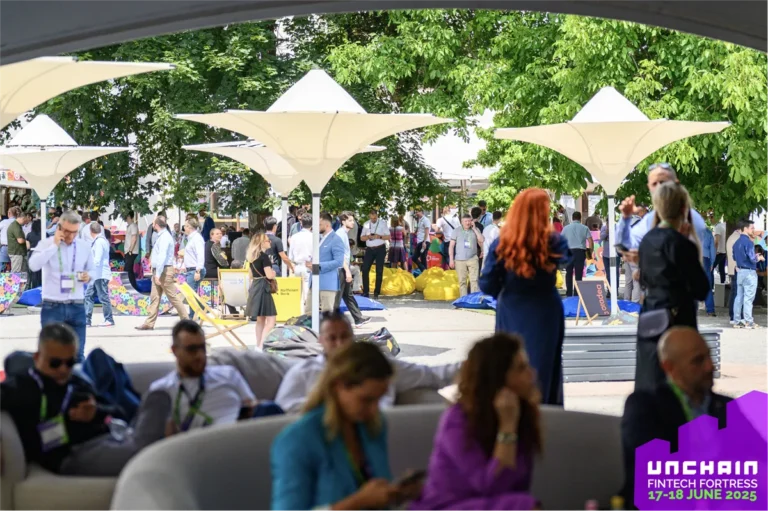Transylvania
Orbán’s challenger Magyar: Szekler Land is not Fidesz’s playground

PM Orbán at Tusványos: We would secure landslide victory in a snap election

The end: Devastating flood shuts down iconic Praid salt mine forever

“The dirt under your nails is Romanian”: Anti-Hungarian slurs and scandalous circumstances at a match in Transylvania

Dacian silver treasure unearthed in Transylvanian village

Not again! Urgent action needed to save historic salt mine in Transylvania

Orbán confident: “We will win the next election too”

Did historians just find the tomb of Dracula?

UNCHAIN 2025 Festival highlights report

Parajd flooding causes fish deaths and water contamination in Hungary’s rivers

Over 550-year-old royal charter of Hungary’s greatest king found in Transylvania

Hungarian President Sulyok visits Hungarian communities across Transylvania

What’s going on? Hungarian police officers entered Romania, President also there – UPDATED

International interests: Why did Orbán support anti-Hungarian Simion? American, Italian requests in the background

Hungarian government doubles flood aid for Szeklerland, calling disaster a national matter

Romanian nationalist Simion calls Trianon a “moment of truth,” not a punishment for Hungary

Drakula Park: “Transylvanian Disneyland” to be built in Romania!

Hungarian President Sulyok to visit flood-hit Praid, delivers aid after salt mine disaster





 ZH
ZH IT
IT DE
DE HR
HR NL
NL FR
FR JA
JA RO
RO RU
RU ES
ES TR
TR
